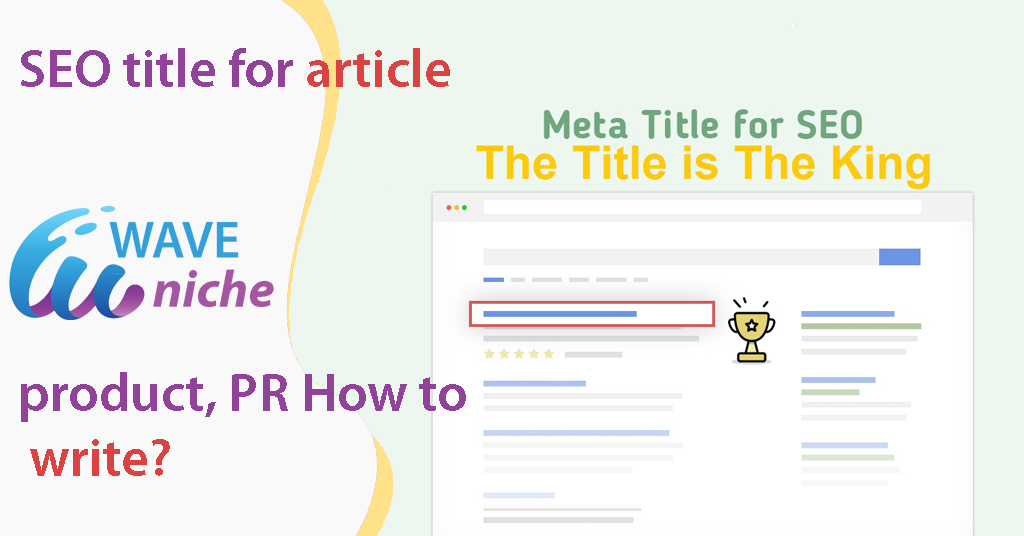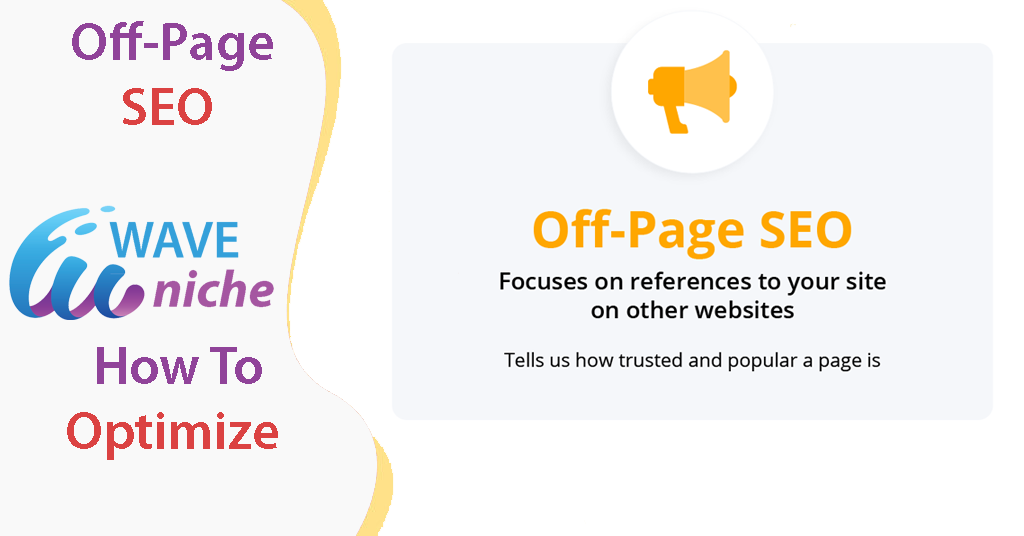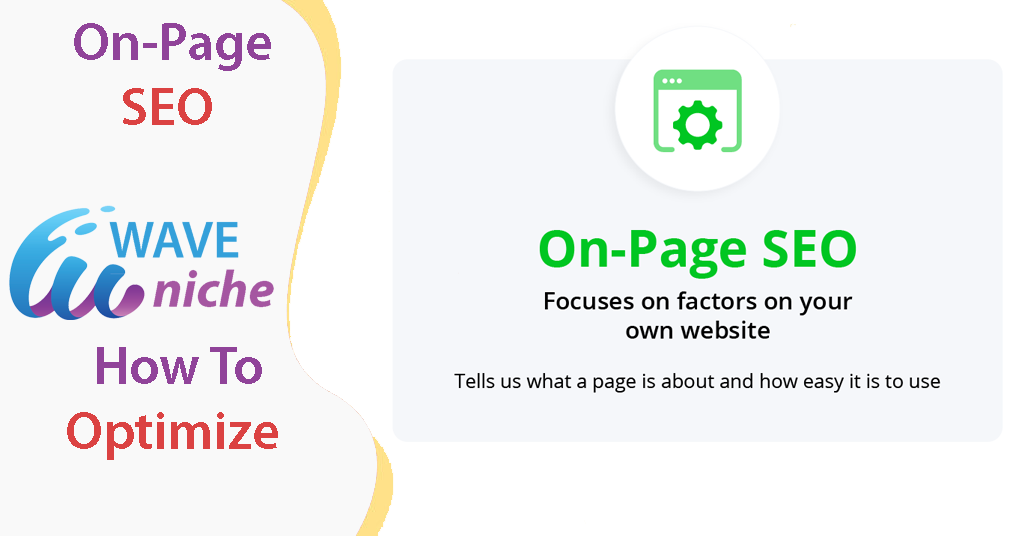SEO title for article, product, PR… Sounds easy.
Many people think that writing an article is not difficult at all. ha ha
They just don’t realize how much knowledge the person writing must have.
Starting with grammar and wordplay and ending with the specifics of what we do SEO title.
In this article I will try to introduce you to a small part.
Let’s start with the title!
SEO title
It should be closely related to what you are writing about.
The SEO position must have a unique title. That is, by unique you mean a title that WILL grab the user who is looking for the SEO keyword in the search engines.
SEO title is our search engine keyword OK that’s great.
Let’s move on – the introduction in the title of the post.
It should suggest what will be written about in the topic
Can you imagine if I set a SEO title and the introduction is for example “hosting company“, if they are related but not in our topic, right? 🙂
The input must be synchronized with the keyword so that the AI algorithm can understand that this is the result that the user will choose, and this is our goal.
When setting an experience in the SEO title provokes the user, simple psychology – most users would click either to learn something new or to tell their ego “I know that!” 🙂
That’s why it’s recommended to include an experience in the SEO title, whether it’s a “How to write” question or a “We’ll show you here” surprise.
If you have different options, it is recommended to put a number as well. This is again a provocation for the user, for example “9 ways to SEO title” and when meeting in the search engines the user would say to himself “I know 5, who are the other 4?” simple psychology 🙂
How do search engines use Title tags?
Search engines use the Title tag as one of the most important on-page SEO ranking factors to determine the subject of a page. When a web page is considered relevant and authoritative enough for a specific query, search engines will display the Title tag of your page on the search results page (SERP).
Title tag length
Google uses a maximum width to determine when they will cut off a title tag. This number is not the same for mobile and desktop results, because they have simply more room when displaying a desktop search results page. To be sure your Title tag will be displayed completely it’s recommended to use a maximum of 60 characters (punctuation included).
Code Example:
Page source: <title>Relevant page title</title>
How to write a SEO optimized Title tag?
Title tag content advice:
- Title tags need to match search intent:
- An informative page about running shoes: Nike Running Shoes: the Definitive Guide 2017 | Running Shoes Guru
- A commercial page about running shoes: Best Sellers Running Shoes. Nike com
- Use the most important keyword as close as possible to the beginning of the page title.
- Page titles can be enriched with relevant long-tail keyword combinations, synonyms and secondary keywords to maximize a page visibility.
- The page title should include your company name to improve brand recognition in search results.
Title tag CMS advice:
- Title tags must be automatically generated, based on the page name.
- Your CMS should offer you the possibility to manually override automatically generated page titles.
- It should be possibility to use custom title tag templates for all the different page types within the site, for example:
- Category templates.
- Product page templates.
- Blog templates.
- ….
- The CMS should trigger a warning when the maximum number of characters is exceeded.
Avoid Title tag issues
- Avoid keyword stuffing. Google doesn’t appreciate needles keyword repetition. Because keyword stuffing doesn’t improve user experience and looks spammy.
- Avoid duplicate Title tags. In most cases when Google is confronted with page using the same Title from the same domain, they will only display the best result. In this case it’s advised to shift your keyword focus and adjust your content and Title tag accordingly.
- Avoid non-descriptive Title tags. If the Title tag doesn’t match the page content Google won’t rank your page as well as it potentially could and users are far less likely to click on your result because the heading doesn’t match their search query and intent.




